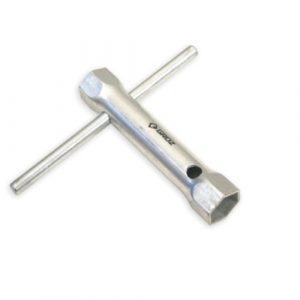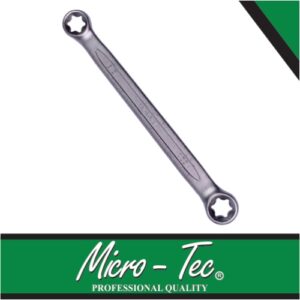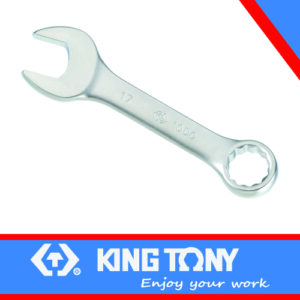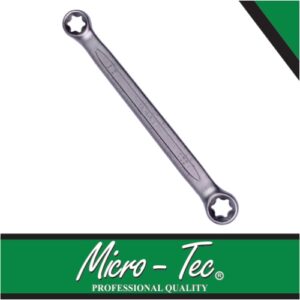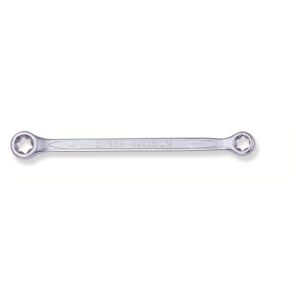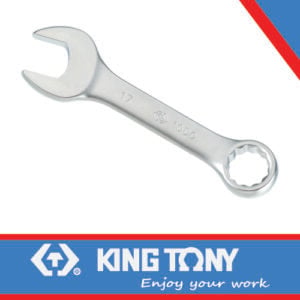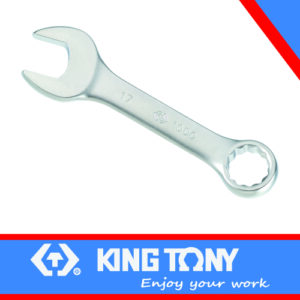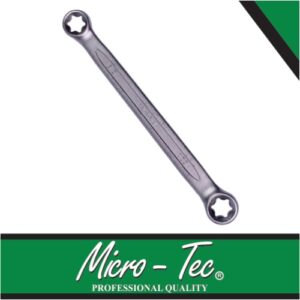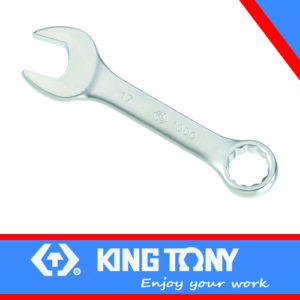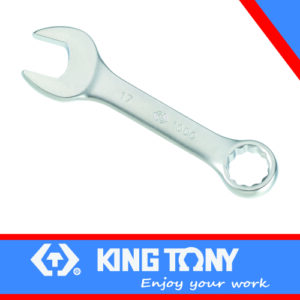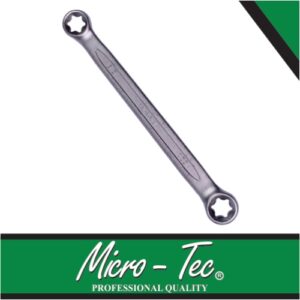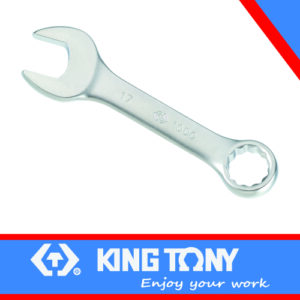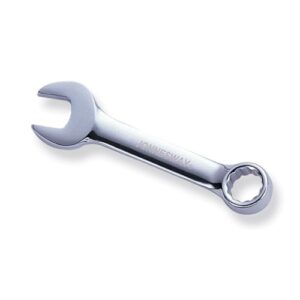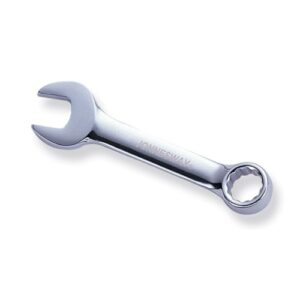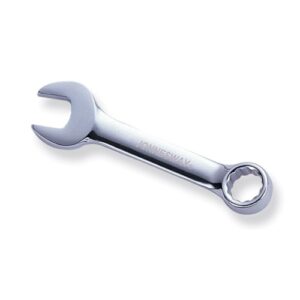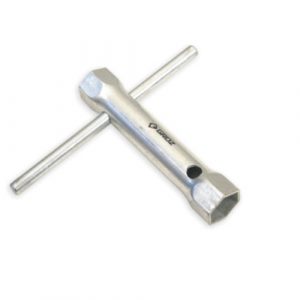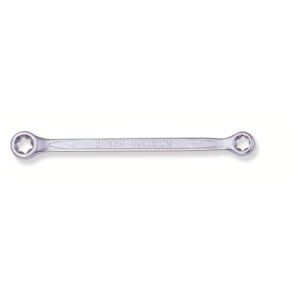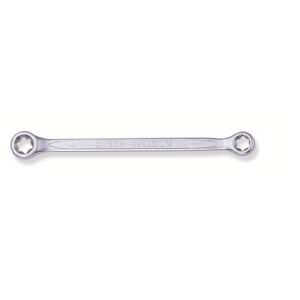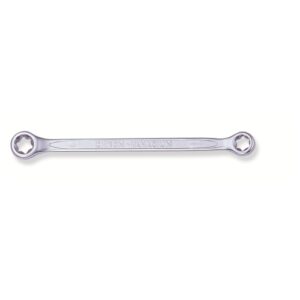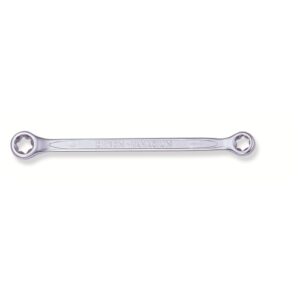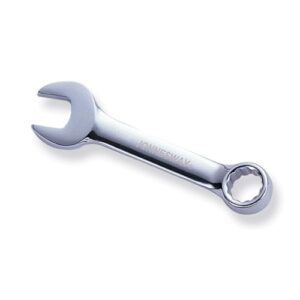Other spanners, also known as specialty spanners or specialty wrenches, encompass a variety of spanners designed for specific tasks or specialized applications. These tools go beyond the common types like open-end, ring, and combination spanners. Here’s a detailed overview:
Types of Other Spanners:
- Flare-Nut Spanners (Flare-Nut Wrenches):
- Design: Features an open end with a slightly rounded shape, ideal for gripping flare nuts used in brake lines and hydraulic systems.
- Other Names: Line wrenches, brake line wrenches.
- Slogging Spanners (Slogging Wrenches):
- Design: Heavy-duty spanners with a striking face for hammering, used in high-torque applications.
- Other Names: Hammer wrenches, striking wrenches.
- Crowfoot Spanners (Crowfoot Wrenches):
- Design: Resembles the head of an open-end spanner but without a handle, designed to be used with a ratchet or torque wrench in tight spaces.
- Other Names: Crowfoot wrenches.
- Box Spanners:
- Design: Cylindrical tools with hexagonal or square ends, used for reaching deeply recessed fasteners.
- Other Names: Tubular spanners, socket spanners.
- Adjustable Spanners (Adjustable Wrenches):
- Design: Feature a movable jaw that can be adjusted to fit various sizes of fasteners.
- Other Names: Crescent wrenches, adjustable wrenches.
- Torque Spanners (Torque Wrenches):
- Design: Incorporates a mechanism to measure and limit the amount of torque applied to a fastener, ensuring precise tightening.
- Other Names: Torque wrenches.
- Ratchet Spanners (Ratcheting Wrenches):
- Design: Include a ratcheting mechanism that allows continuous rotation without removing the spanner from the fastener.
- Other Names: Ratcheting wrenches, ratchet wrenches.
- Offset Spanners:
- Design: Feature angled or offset ends to provide better access to fasteners in tight or awkward spaces.
- Other Names: Angle wrenches.
Uses:
- Specialized Applications: Designed for specific tasks where standard spanners may not be effective.
- Professional and DIY Use: Used by professionals in automotive, plumbing, electrical, and mechanical fields, as well as by DIY enthusiasts for specialized tasks.
Advantages:
- Precision: Specialty spanners are tailored for specific applications, providing better precision and efficiency.
- Access: Many are designed to reach fasteners in tight, recessed, or awkward locations where standard spanners cannot.
Other spanners include a variety of specialized tools designed for specific tasks and applications, providing precision, efficiency, and better access for professional and DIY use.
Showing 29–56 of 77 results
